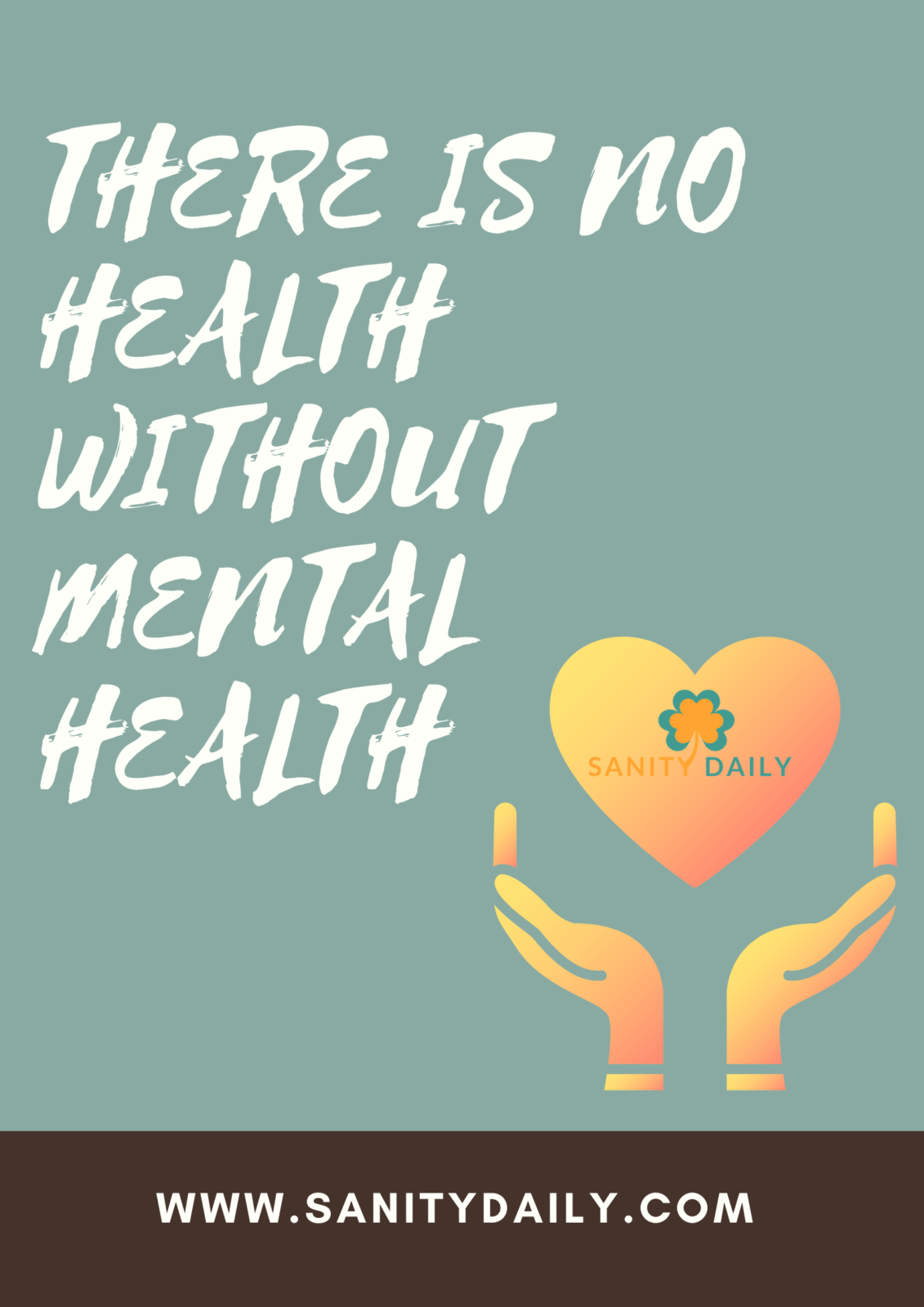Maternal Mental Health refers to the health of women during pregnancy, after childbirth, and the new experience of the postpartum period.
For some mothers, it is a heavenly and very positive experience, whereas for some it could be associated with ill-health, limitations, and even depression.
As per WHO (World Health Organisation) Worldwide about 10% of pregnant women and 13% of women who have just given birth experience a maternal mental health disorder, primarily depression.
Maternal Mental Health in Women: Let’s talk about it
Mental health problems such as depression and anxiety are very common during pregnancy and after childbirth in all parts of the world. One in three to one in five women in developing countries, and about one in ten in developed countries, have a significant maternal mental health problem during pregnancy and after childbirth.
What is the big deal in giving birth to a child? What’s the fuss about it? We had four children and we use to manage them all so well, now you can’t even handle a single kid?
Do these snide remarks sounds familiar to you all? If not personally but you must have come across someone making such remarks for another woman, after all, we are masters of judgment and assumptions.
The very concept of stress in women has always been denied in our society but maternal mental health matters.
Total denial of PTSD (Post-partum depression)
Motherhood is ultimate bliss, holding your child who is a part of you, who was there in your womb for nine months, the bond, the connection, and the feeling is divine and unexplainable. But for many mothers, things change unimaginably and it becomes a little strange for the family members and partners to understand the root cause of the change in behaviour of the new mother. The need of being perfect in everything puts tremendous pressure on the other side.
It is not that she doesn’t like to be a mother or doesn’t love her child, but maybe due to the reasons that her body goes into deep changes, she puts on weight, stretch marks, feels restricted, can’t sleep, can’t eat on time, her life completely changes and revolves around her newborn she finds difficult to handle things, some people fail to cope up with such kind of prominent changes in their lives and find themselves in the ultimate distressful condition, which starts hampering everything and everyone around.
7 Possible reasons which could lead to maternal mental illness
Depression causes enormous suffering and disability and a reduced response to the child’s need. Evidence indicates that treating the depression of mothers leads to improved growth and development of the newborn and reduces the likelihood of diarrhoea and malnutrition among them – WHO
| 1.) Lack of support |
| 2.) Handling things on her own |
| 3.) Giving up a high-performing career |
| 4.) Financial constraints |
| 5.) Unrealistic need to be a perfect mom |
| 6.) Unhealthy relationship environment |
| 7.) Hormonal changes |
1.) Lack of support
A woman who becomes a mom for the first time is already in a lot of confusion and stress, it changes a lot inside and outside her body and world. Things change, she needs support and someone to guide her.
2.) Handling things on her own
Sometimes as she has to handle everything on her, she is bound to feel hopeless. Handling things on her own makes her very tired and that deprivation of rest doesn’t let her enjoy her moments with the newborn.
3.) Giving up a high-performing career
Most of the women end up giving up on their careers as soon as they enter motherhood. It’s a conscious decision they take but it is natural to miss a part of themselves when they can’t work anymore.
4.) Family constraints
One of the major contributors to maternal mental health in women is family. They can either help her take charge of the situation or leave her restless. If you are staying with in-laws who are non-supportive and ignorant it becomes very stressful to survive this new phase of life.
5.) Unrealistic need to be a perfect mom
Why no one tells us that we just have to breathe and things will be ok. Why is there a dire need of being a perfect mom, right from the beginning? Can’t we learn things and help our baby grow right at our own pace?
6.) Unhealthy relationship environment
How can we forget about our life-partners, our husbands? HTigns hardly change for men, ya now they will say that responsibility part increases on their side but the physical, hormonal and internal changes a woman goes through needs time, attention, and proper care.
7.) Hormonal changes
Another crucial reason for maternal mental health in women is how we go through hormonal changes in the body that may trigger symptoms of postpartum depression and sometimes it could be just the post-delivery jitters one gets. But both need attention, at least an initial 3 months are crucial for both mom and kid.

The maternal mental health of the mothers: Nobody talks about
In developing countries, this is even higher, i.e. 15.6% during pregnancy and 19.8% after childbirth. In severe cases, mothers’ suffering might be so severe that they may even commit suicide. As a result, the children’s growth and development may be negatively affected as well.
Maternal mental health disorders are treatable if timely taken care of. Effective interventions can be delivered even by well-trained non-specialist health providers. But one must understand what is happening to her and the other family members must be willing to help her, which is hardly the case.
We struggle hard to make people believe that mental illness is for real and women or men going through it are not playing victims or doing things to seek attention, they just need to have listened.
Signs and symptoms may include:
- Severe mood swings
- Excessive crying
- Difficulty bonding with your baby
- Withdrawing from family and friends
- Loss of appetite or eating much more than usual
- Inability to sleep or sleeping too much
- Loss of energy
- Reduced interest and pleasure in activities you used to enjoy
- Intense irritability
- Fear that you’re not a good mother
- Hopelessness
- Restlessness
- Feelings of worthlessness
- Lack of concentrate
As per research, a recent meta-analysis showed that about 20 % of mothers in developing countries experience clinical depression after childbirth.
It is sad to see that we live in such an ignorant society where if a person tries to reach out he or she is labeled as an attention seeker, or someone who plays victim, a sadist, or even a psycho but how many of us actually pays attention?
No matter how well-educated we are or at the high position we are, if we fail as humans and can’t support our own family members then we are just breathing, non-existent.
The maternal mental health of a woman is as important as the health of the new-born. The first six months are crucial. Things do change for the husbands too, but they go out to work, their routine doesn’t get affected except for some sleepless nights. But a new mother is 24*7 on duty.
In the end, I would say that maternal mental health should be integrated into general health care and other relevant services. All they need is a little bit of care and attention, which is not hard to give, and if you ever experience something indifferent try to consult a professional counselor, which will surely help her come out of the zone and encourage self-care. All this will lead to strengthening her bond with her new baby, new life, and new responsibilities.
Be there. Be Aware. Be present, you might prevent a tragedy. There is no health without mental health.
Lots of love and gratitude








